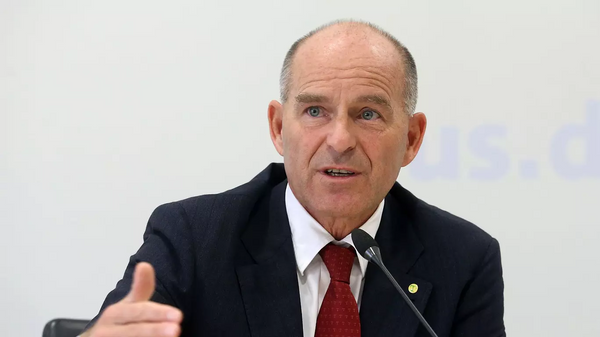
The pandemic had taken a toll on cigarette sales, with lockdowns curbing mobility and cigarette sales and covid-19’s direct effects on lungs and the respiratory tract pouring cold water on the enthusiasm to light up. The latest results show that cigarette sales have surpassed pre-pandemic levels. The segment’s revenue has grown 10% and earnings before interest and tax by 12%.
Strong corporate performance alone might not be the reason for ITC’s new-found favour with investors and brokerages. The company has been undervalued for some time. While there are no diversified tobacco majors around for a proper comparison, comparing ITC with a sterling fast-moving consumer goods company such as Hindustan Unilever (HUL) would be useful (while cigarettes remain the cash cow for ITC, the bulk of the company’s recent investments and manpower addition has been in non-cigarette divisions such FMCG, hotels, stationery, paper and paper products).
The ratio of the share price to earnings per share (P/E) for ITC is 22.56; for HUL, it is 60.31. The price to book ratio (share price as a multiple of the book value per share, that is, when the book value of the company is distributed over its outstanding shares) is 10.91 for HUL, less than half that for ITC. At the same time, ITC has a better return on net assets, measured by ROE (return on equity – equity is what remains after subtracting debt from a company’s total assets). ROE is 18% for HUL and 22% for ITC.
Is there a legitimate reason for such a huge gap between the price-earning multiples for ITC and HUL? When liquidity is as plentiful as it has been during the pandemic-era mammoth asset creation, investors can afford to be guided by factors that make stock prices move, rather than primarily by corporate fundamentals. Only a fundamentals fundamentalist like Warren Buffett, with his philosophy of value investing, stays focused on corporate value creation during bull runs.
Many factors make stock prices go up and down, apart from a company’s ability to do efficient business and generate returns for investors. Being part of a segment expected to do very well could be one. In the tech boom at the turn of the century, many companies changed their names to acquire a tech aura, and saw their share prices soar, as tech-hungry investors poured money into anything tech. Environmental, social and governance (ESG) factors are another factor. In a rising market, funds indulge their ESG championship, putting their money into shares of companies that are deemed to be strong on ESG factors and withholding funds from ESG-negative companies.
Precisely because ITC has to live down its strong negative tally on social factors, thanks to its tobacco division, it is more environment-friendly and sustainable than most peers. “The company exceeded commitment on plastic neutrality; collected and sustainably managed more than 54,000 tonnes of plastic waste. ITC sustained its ‘AA’ rating by MSCI-ESG – the highest amongst global tobacco majors. The Company has also been included in the Dow Jones Sustainability Emerging Markets Index and rated at the 'Leadership Level' score of 'A-' for both Climate Change and Water Security by CDP," ITC declares in its results press statement. And its current boss, Sanjiv Puri, heads the Confederation of Indian Industry’s sustainability initiatives. Yet, the fact remains that ITC’s tobacco business grates with investors. This could be one reason for its stock faring poorly as compared to pure-play FMCG companies.
When stock prices cease to have a sea of easy money on which to float, as is happening now with monetary policy tightening around the world, corporate performance counts for more. Blackrock, the world’s largest asset manager with more than $10 trillion under its belt, used to be a big champion of ESG. Now that markets are tanking and ESG-untouchables such as the oil giants are making obscene profits, in the wake of the recent spike in energy prices, Blackrock has declared that its clients’ financial best interests trounce ESG.
ITC has paid out some ₹48,000 crore as dividends over the last four years. Its non-tobacco businesses are growing strongly, even as tobacco continues to yield reliable profits. A relatively under-priced, dividend-paying ITC becomes an attractive bet. The lustre the stock has acquired in the wake of global excess liquidity beginning to drain out is another indication that the market believes that the pandemic is behind us.






